A Viet-Czech Photographer on Capturing Her Generation of Young Mold-Breaking Asian Women
“I feel like most of the time Asians, and especially Asian women, end up misrepresented,” says the New York–based photographer Lucka Ngo of her ongoing portrait series, which spotlights a generation of young women pushing back against the parameters of how Asian woman growing up in the West are traditionally expected to be. “I just wanted to show the less ordinary side,” she adds.
It’s an objective that is close to her heart: Growing up within a Vietnamese family, but born and raised in the Czech Republic, she describes a youth spent learning to navigate these two, very different, cultures. “It was a blessing and a curse,” says Ngo. “During the day, when I was at school or with my Czech friends, I had to fit in the Czech community. When I got home to my parents, who are very traditional, I would have to be this polite Vietnamese daughter doing super well with her grades, or following the ‘safe’ career path. There were times when I just didn’t know who I was, or what my real voice was.”
Initially, what led Ngo to forge her own more distinct identity was discovering streetwear: “I always loved taking my older brother’s baggy T-shirts and sweatpants, buying the same cool sneakers like him, listening to the same music genres he did. I just wanted to be free and explore life.” While the Vietnamese population of the Czech Republic might represent the largest non-European minority within the small Eastern European country, there were still cultural boundaries that proved difficult to bridge—until Ngo discovered a self-taught love for photography, using her camera to document the diasporic community of Asian women that surrounded her in rural Czechia.
Many years later, her images mostly come from the wealth of Asian communities across her new home city of New York. “It isn’t just my story, but also what I have in common with people in my photos,” Ngo says. “More than anything, the reason why I chose to do this is that I am just like them, and they are just like me. When I got to know all of them, I told myself, ‘If I am Lucka, who broke through and is still trying to break further through the traditional Asian mindset, I know they must be doing the same.’ ” But most importantly of all—and outside of the intricacies of their various overlapping cultures—to Ngo, these women represent something altogether more simple: “What they stand out for is the courage to be who they are, no matter what others say.”
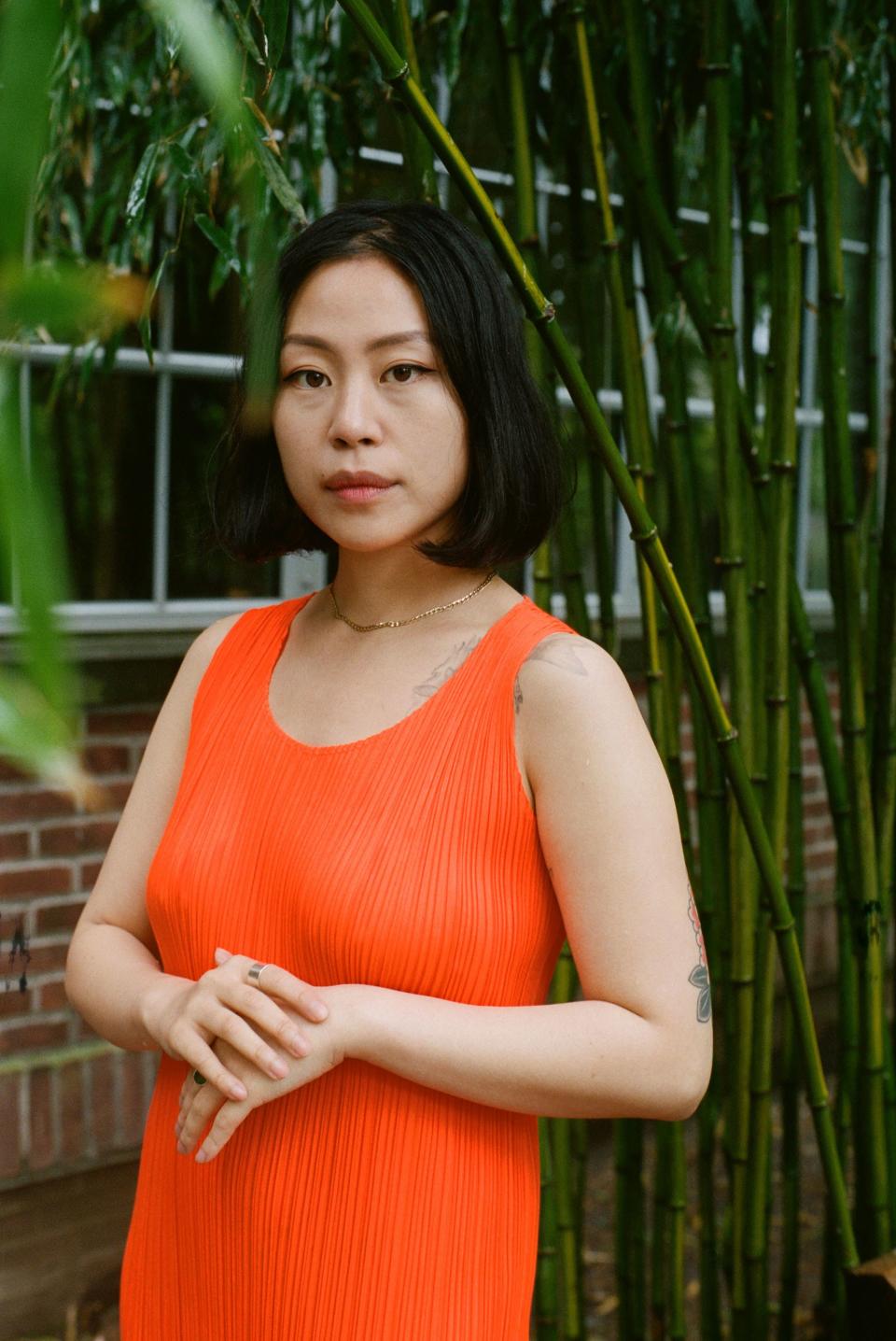
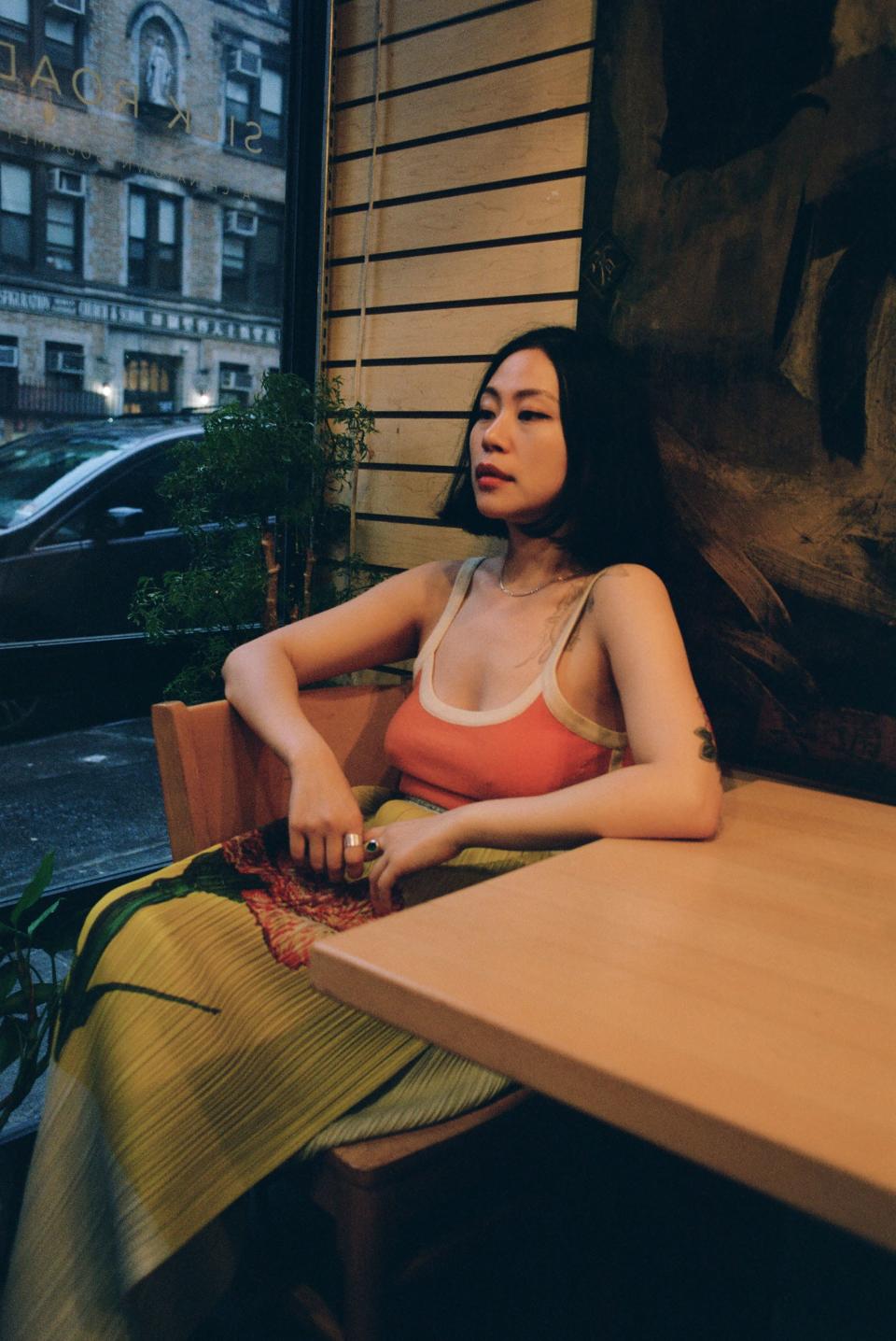
“The first person I shot with was Jo Park. Jo is my friend, but she’s also like a big sister to me that I look up to. I met her through work and by getting to know her more, I realized she is an example of someone who can truly speak up for herself and be confident about what’s on her mind. But what captured my attention first were her tattoos. There is one in particular that she told me plays a particularly special role: a koi fish, secretly tattooed on her by her grandfather when she was young.”
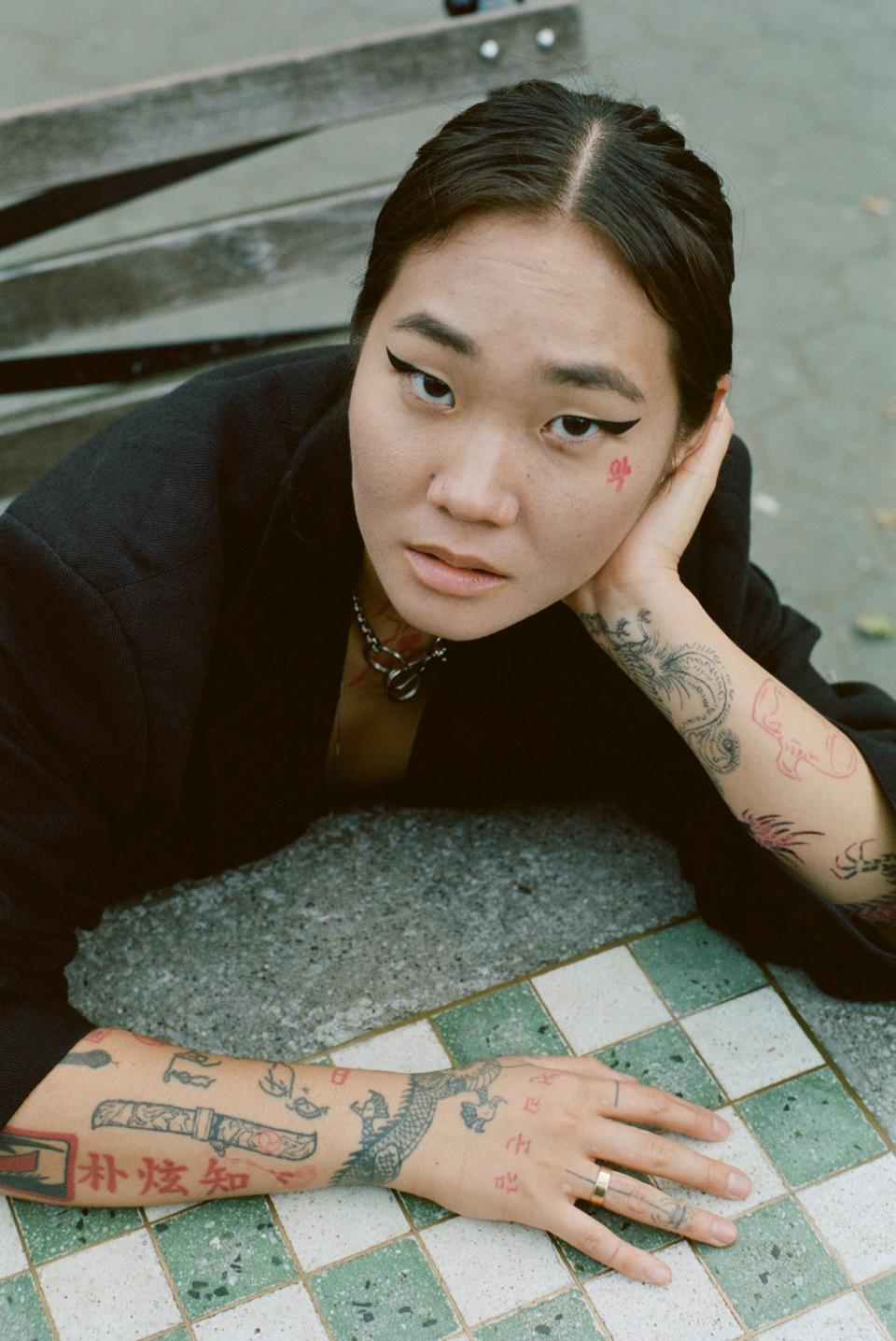
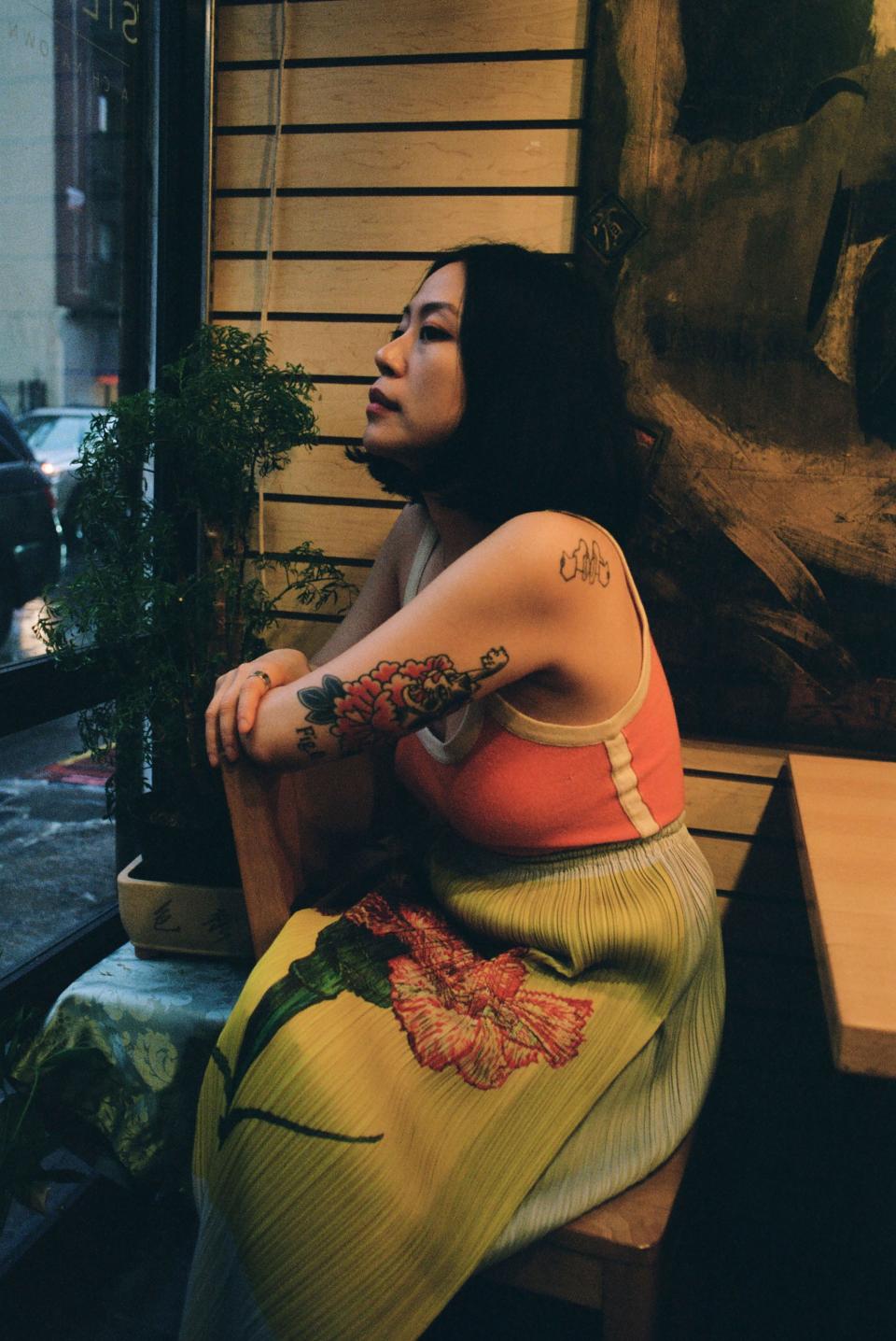
“Another person who can connect with Jo’s story is Hyun Gi, who is a tattoo artist herself. Hyun Gi has told me about the hardships she has to face every time she would go back to Korea to visit her family. What I really respect about her is that she fights for who she is, and is fiercely passionate about her career.”
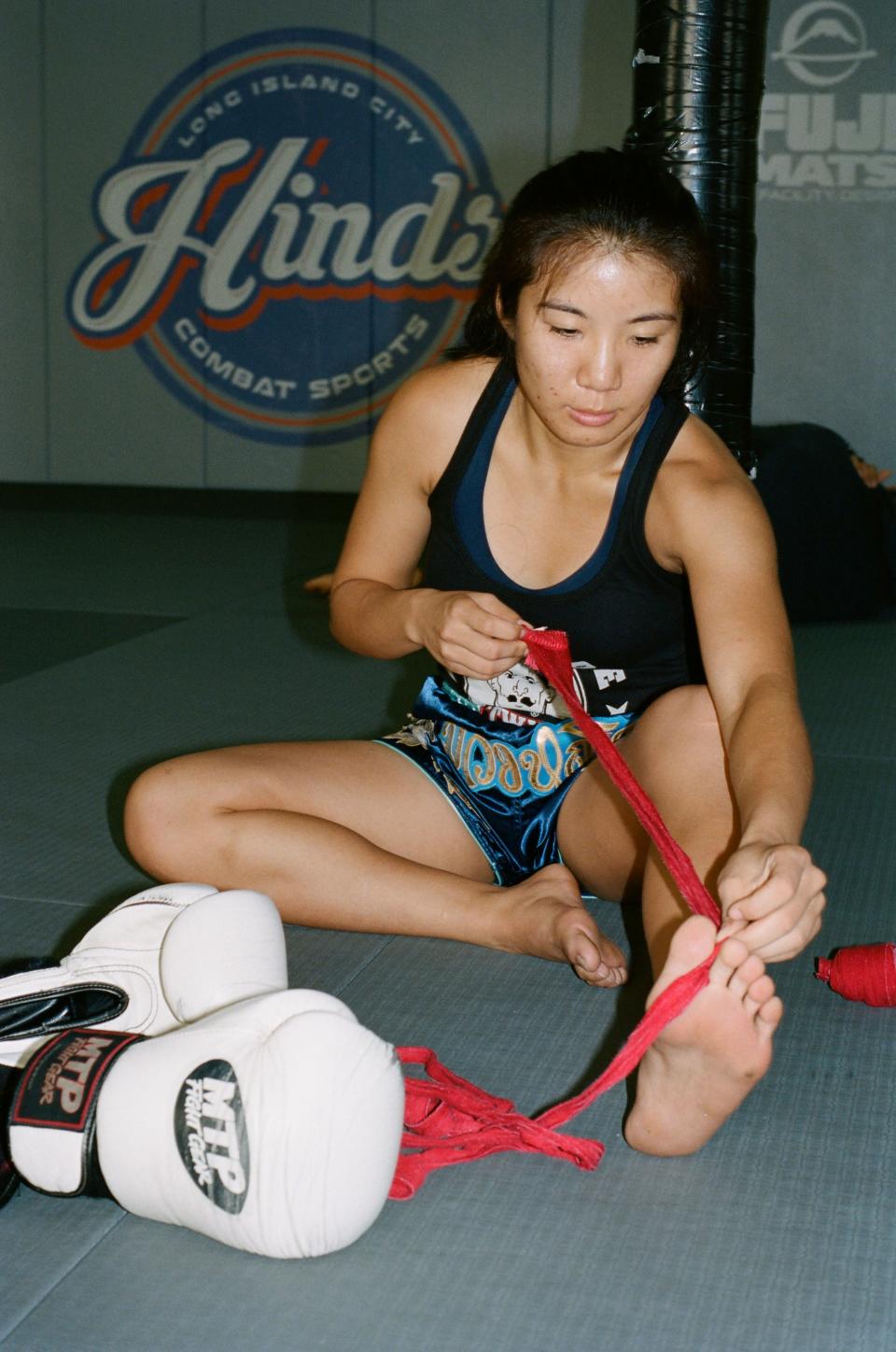
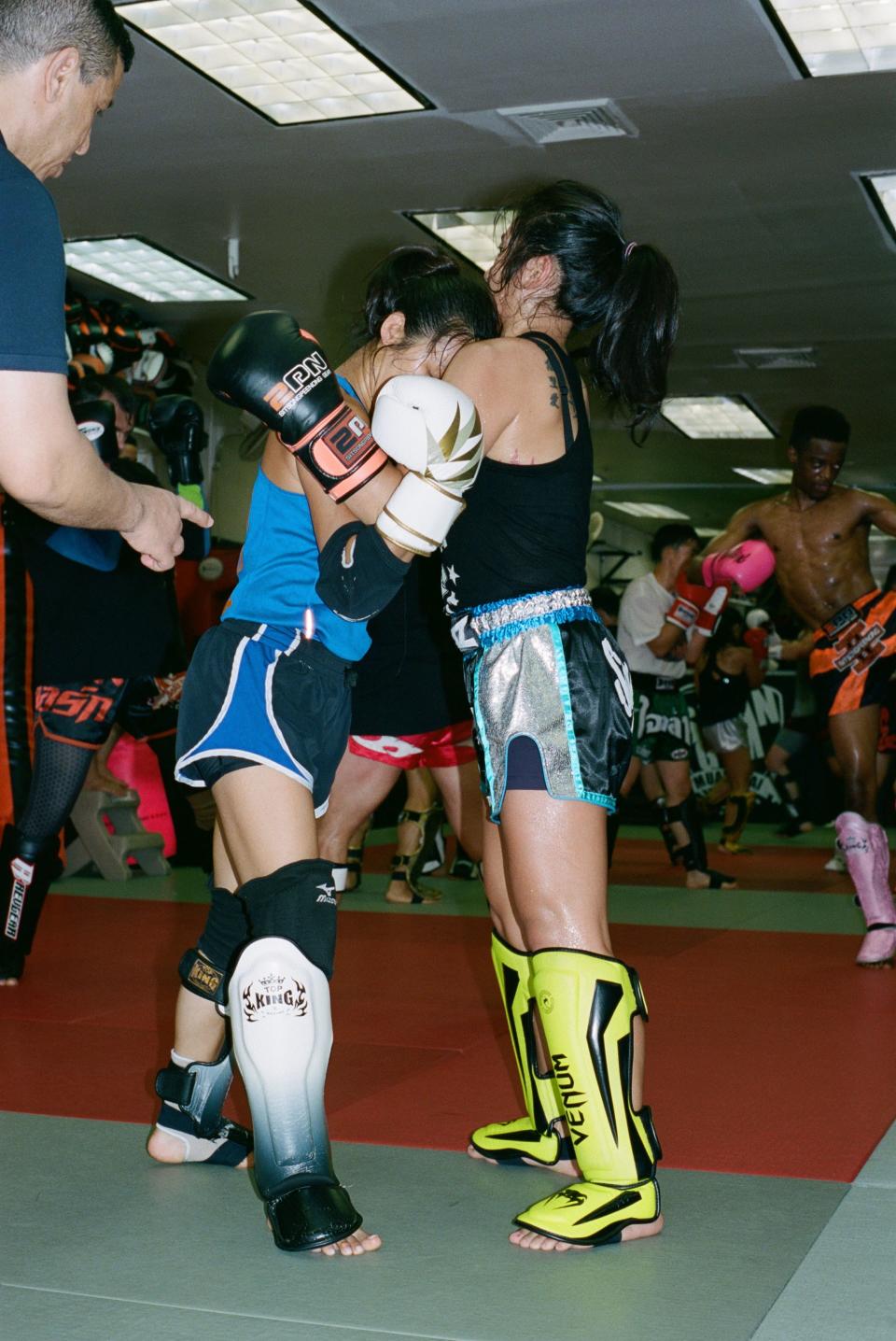
“Jess and Angela are Muay Thai fighters: A friend of mine recommended Jess to photograph, and so I reached out to her. Initially, we just met up for a coffee, but we ended up talking for hours. She shared her stories of fighting in competitions as an Asian woman, how people perceive her, and how important it is to have a strong and calm mentality. She told me that now, she’s learned not to let the opinions of other people distract her.”
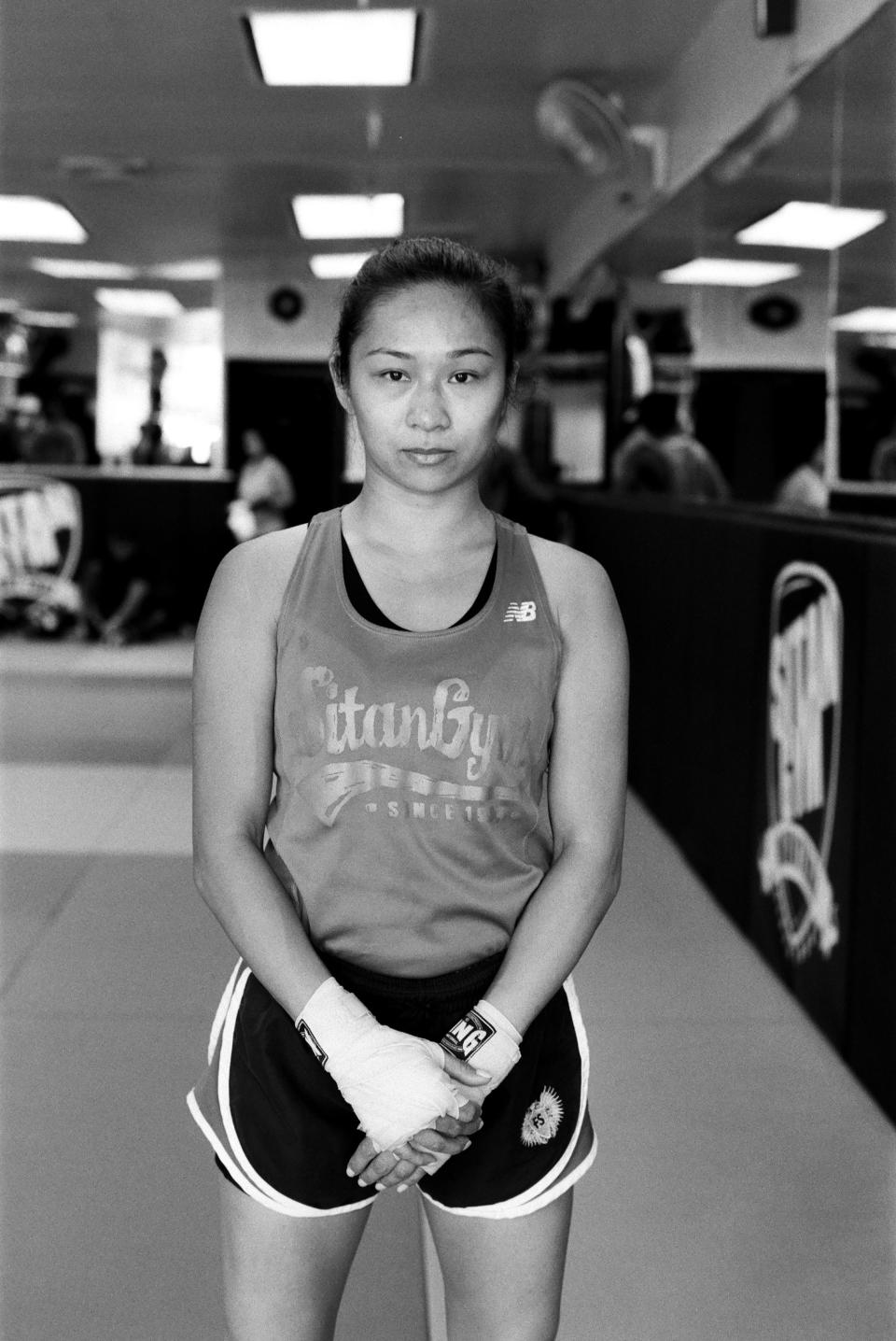
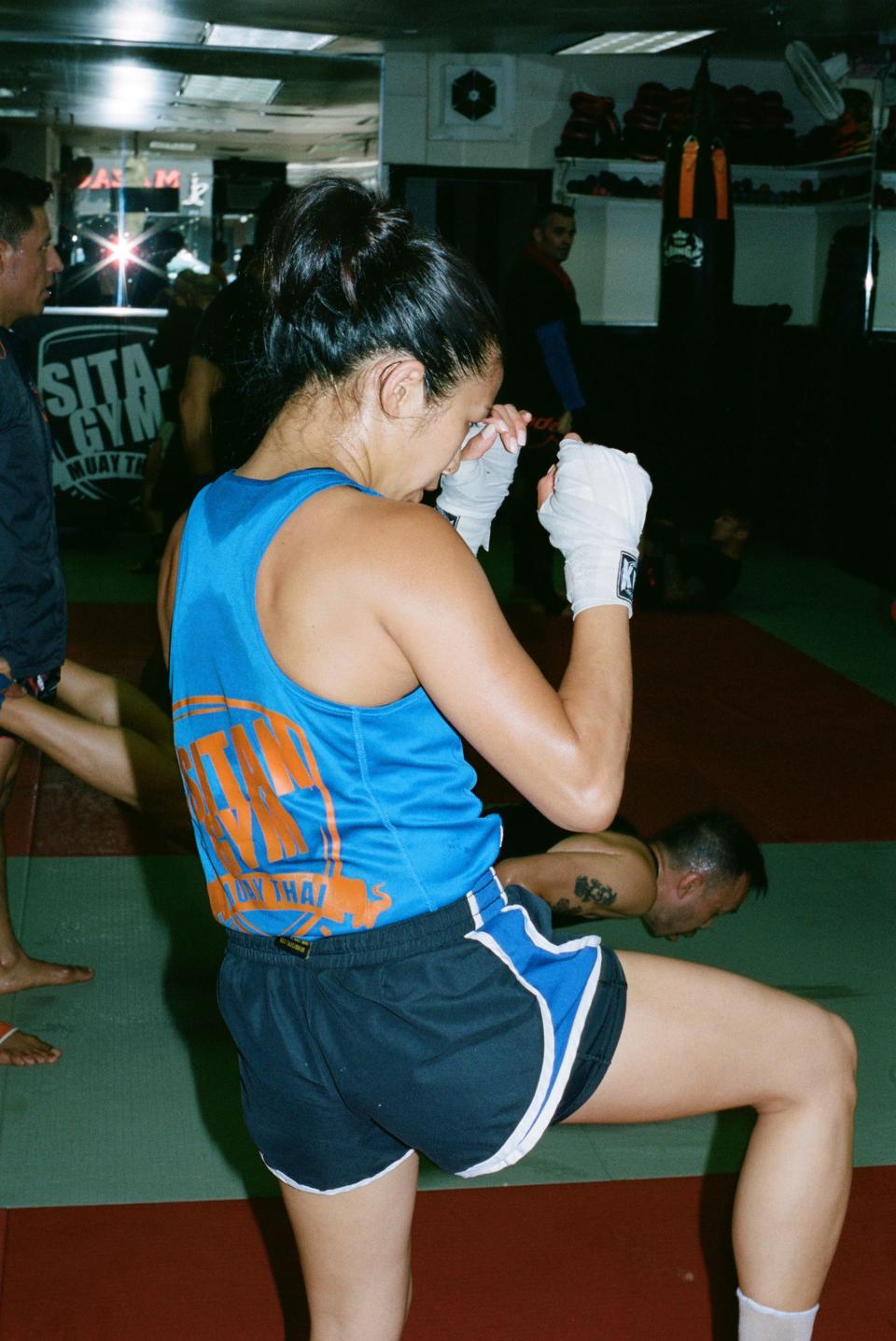
“‘Even though my body type is short and skinnier, I know I am strong inside in my mind. Just because people think I don’t look like I can fight, doesn’t mean I can’t,’ Jess told me. ‘I will fight.’ This was my first time shooting athletes, and in order to capture the right moment, Jess invited me to come by her local gym in Queens to pick up the energy first. It was honestly one of the most exciting learning experiences I have ever had. I realized how vital it is to learn to be able to put yourself in other people’s shoes in order to tell their story the right way. Angela was a friend of Jess’s visiting from Thailand: She was training at the same gym, and had an equally strong personality.”
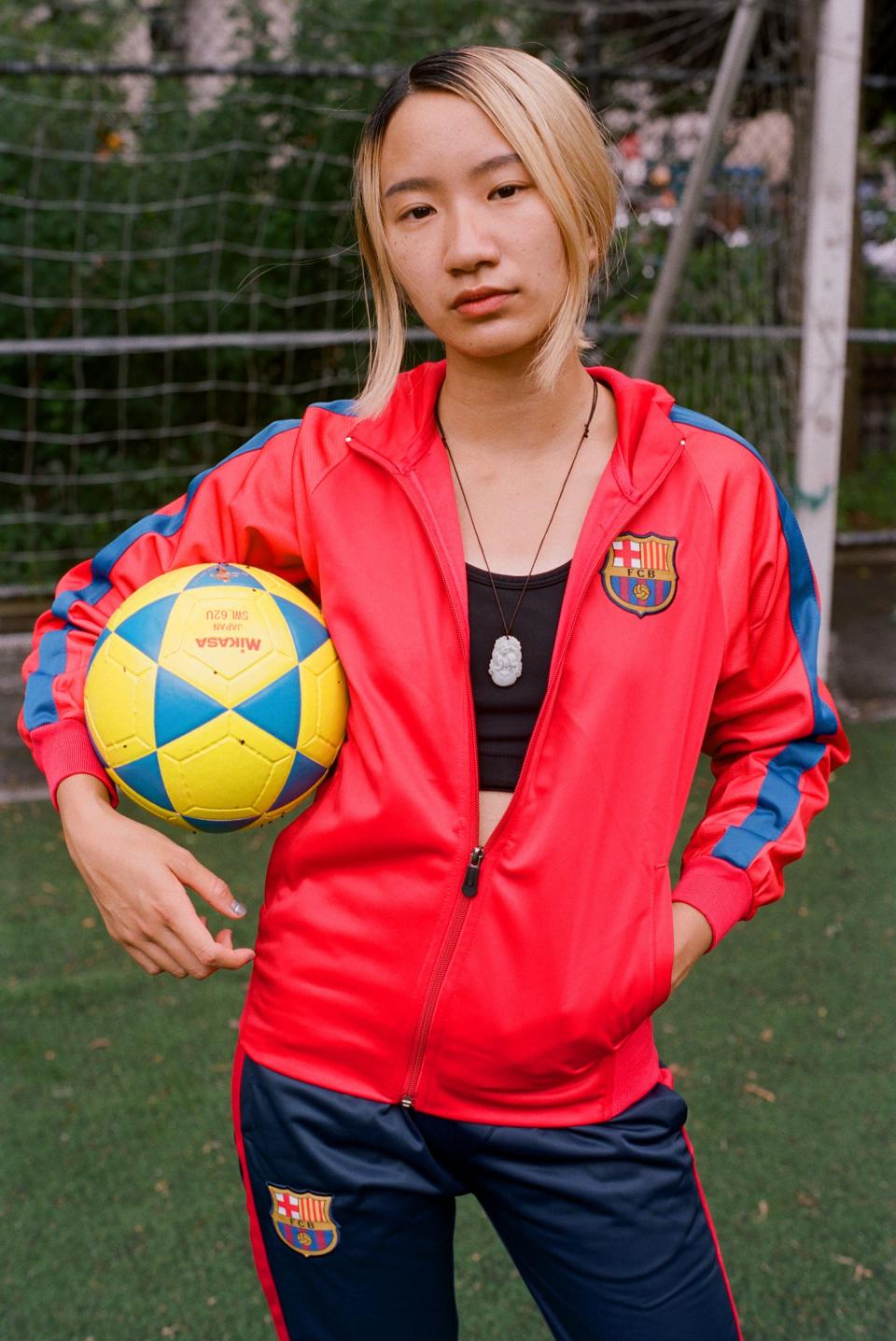

“Last but not least, I connected with Drahuška on a very personal level: She’s also Vietnamese by way of the Czech Republic, and she came to visit me in New York from her current home in Montreal. We both lived in the same town called Cheb, right on the border to Germany: We studied with the same English tutor and had the same expectations from our Vietnamese parents. I always noticed that Drahuška was super different from all the Vietnamese people I surrounded myself with. She never cared about fitting in. She wanted to dye her hair blonde, play soccer, live in Paris or other parts of the world that her parents would never really approve of. After losing contact with her for a few years, we reunited this year and hung out. I noticed then how similar our mindsets are, having both grown up as Vietnamese teenagers in Cheb. Even if we only came to realize that now.”
Originally Appeared on Vogue

